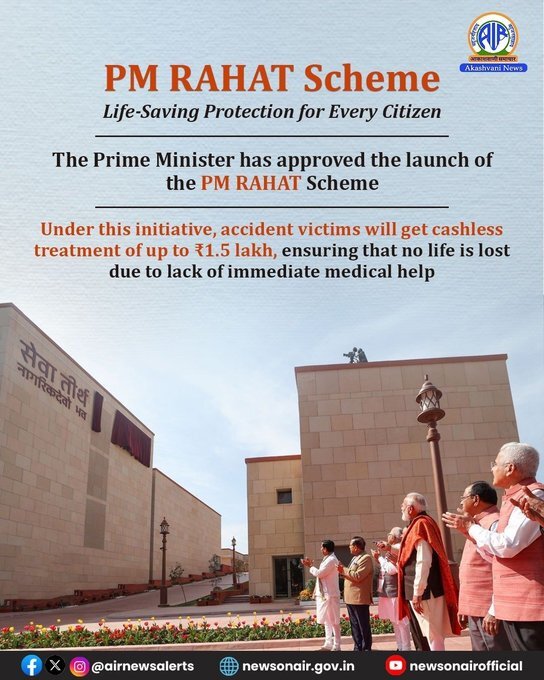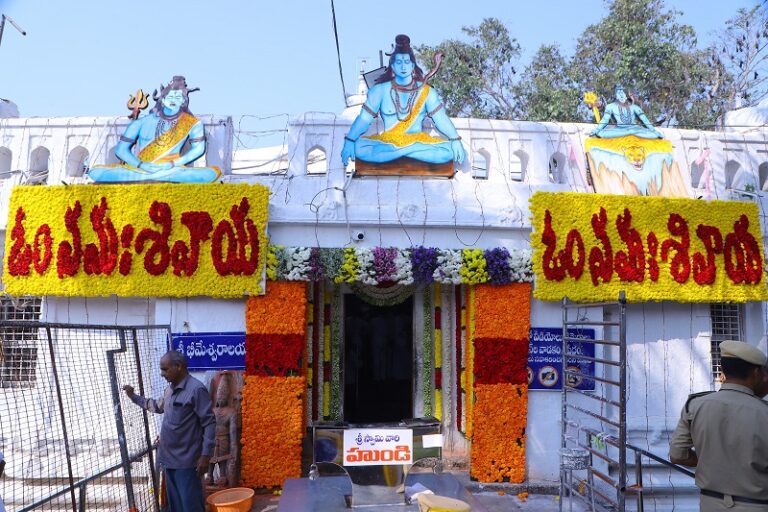
Authored Article By Fabha Afreen
Assistant Professor of Law, Justice Kumarayya College of Law
KARIMNAGAR, JULY 13, 2024: Organised crime is no longer confined to secret mafia meetings in dark alleys. It is now a sophisticated, profit-driven enterprise operating in broad daylight — via land mafias, financial scams, drug cartels, cyber fraud rings, and even seemingly legitimate businesses. The inclusion of Section 111 in the Bharatiya Nyaya Sanhita, 2023 (BNS) marks the first comprehensive statutory recognition of organised crime in Indian criminal law at a national level.

This article explores the legal concept of organised crime under the BNS, discusses its types, and examines both the progress and the challenges that lie ahead.
Concept of Organised Crime
Organised crime refers to the systematic and coordinated execution of illegal activities, often involving multiple individuals or networks acting together for financial or material benefit. It is structured like a business — with hierarchies, planning, and profit-sharing.
The defining features include:
- Continuity of criminal activity
- Group participation or syndication
- Use of violence, threats, or deception
- Financial or material gain as the motive
Types of Organised Crime in India
India has witnessed multiple forms of organised crime, such as:
- Traditional Syndicates: Smuggling, contract killing, extortion, and land grabbing
- Economic Crime Networks: Bank frauds, Ponzi schemes, hawala, counterfeit currency
- Cybercrime Rings: Digital loan app extortion, phishing scams, dark web trading
- Human and Drug Trafficking: Forced prostitution, bonded labour, narcotics trade
- Terror-Crime Nexus: Fundraising for extremist groups via illicit means
Section 111 of the Bharatiya Nyaya Sanhita, 2023
The BNS, 2023 brings a landmark reform through Section 111, which defines and penalises organised crime with clarity and severity.
Key Elements:
- Continuing unlawful activity (with at least 2 charge sheets in 10 years)
- Group-based criminal conduct (organised crime syndicate)
- Material benefit as a motive
- Wide scope: Includes cybercrime, drug trade, trafficking, economic offences
Punishments:
| Offence | Punishment | Minimum Fine |
| Death caused | Death or Life | ₹10 lakh |
| Other organised crimes | 5 years to Life | ₹5 lakh |
| Attempt / abetment | 5 years to Life | ₹5 lakh |
| Membership in syndicate | 5 years to Life | ₹5 lakh |
| Possession of crime property | 3 years to Life | ₹2 lakh |
Legal Issues & Enforcement Challenges
Despite the advancement, several gaps persist:
- No Judicial Precedents Yet: Being newly introduced, Section 111 lacks interpretative clarity from courts.
- Overlap with Other Laws: MCOCA, PMLA, and UAPA also deal with aspects of organised crime, leading to possible jurisdictional conflicts.
- Burden of Proving “Continuity”: Proving a sustained criminal pattern with financial motives and multiple charge sheets is resource-intensive.
- Enforcement Mechanism: No dedicated investigative or prosecutorial agency currently exists to handle cases under Section 111 at a national level.
- Risk of Misuse: The broad wording, especially around abetment and asset possession, can be misapplied without safeguards.
Conclusion
Section 111 of the BNS represents a progressive, system-oriented response to India’s growing organised crime problem. It brings cyber and economic crimes under the same legal umbrella as traditional violent crimes and introduces a syndicate-focused liability framework. However, for the provision to fulfil its promise, it must be supported by judicial clarity, investigative training, and institutional coordination.
As India steps into this new legal terrain, awareness among legal professionals, enforcement agencies, and citizens is vital. Recognising the invisible hand of syndicates is the first step toward dismantling them.
References
- Bharatiya Nyaya Sanhita, 2023, Section 111
- Maharashtra Control of Organised Crime Act (MCOCA), 1999
- Prevention of Money Laundering Act (PMLA), 2002
- United Nations Convention Against Transnational Organized Crime (UNTOC)
- U.S. Racketeer Influenced and Corrupt Organizations (RICO) Act, 1970
- Codice Antimafia, Italy
- Paranjape, N.V., Criminology & Penology (2022)
- Albini, J.L., The American Mafia: Genesis of a Legend (1971)




